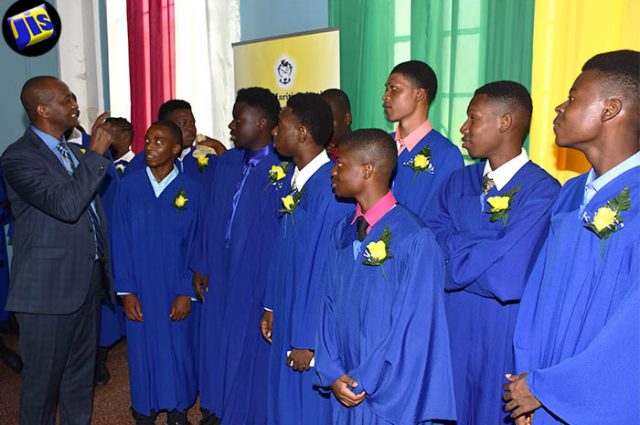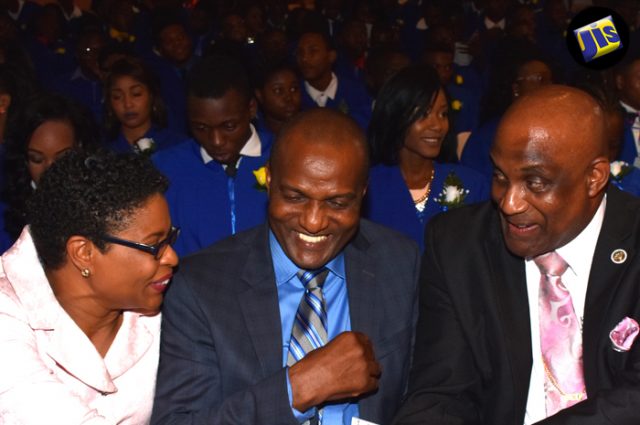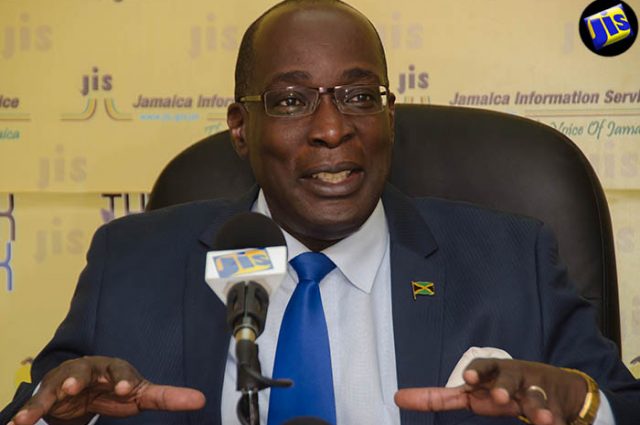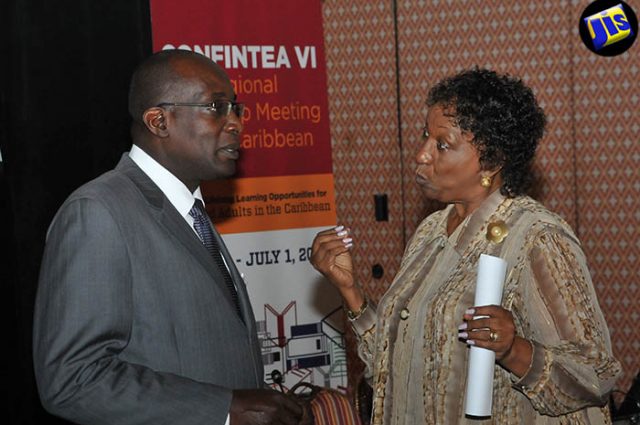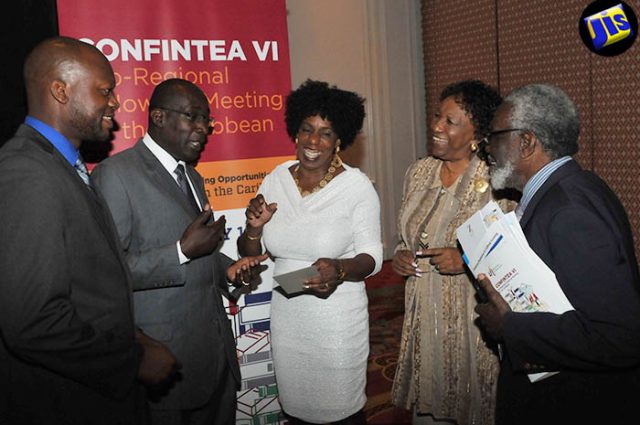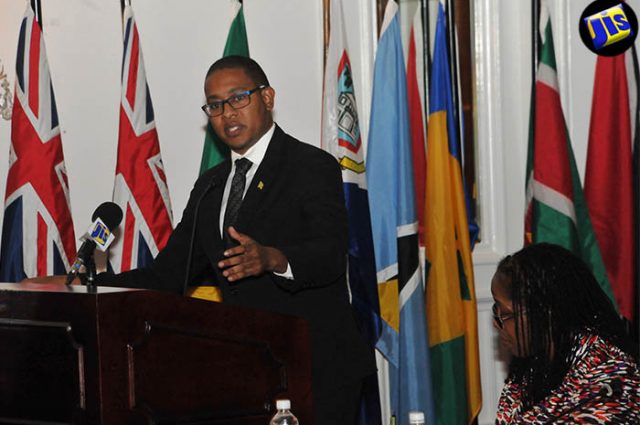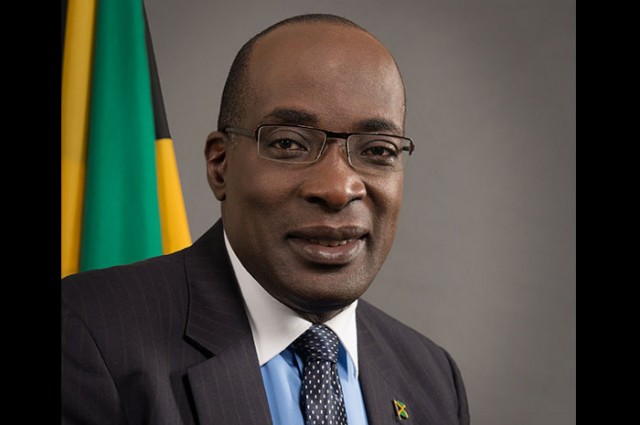JIS: Graduates of the Career Advancement Programme (CAP) are being encouraged to use the skills learnt for employment or to access higher education.
Director of CAP in the Ministry of Education, Youth and Information, Kenesha Campbell, made the call during her address at the Caribbean Maritime Institute’s (CMI) CAP graduation ceremony at the Institute of Jamaica (IoJ), downtown Kingston, on July 7.
She told the youngsters, who participated in the programme at CMI over the past two years that they are now empowered to make meaningful contributions to the country’s advancement.
Ms. Campbell said the Ministry is committed to administering the programme “because of the promise that it offers our young people,” and “in fulfilling its mandate that no young person should be left behind in the education system.”
“I congratulate you…and look forward to your contribution to productive nation building,” she told the graduates.
CMI’s Executive Director, Dr. Fritz Pinnock, noted that 60 per cent of the “best available jobs” will be created over the next 10 years and the institute stands ready to train persons in preparation for these opportunities.
Port Authority of Jamaica (PAJ) Vice President and CMI Board Director, David Powell, who was the guest speaker, encouraged the graduates to strive for excellence in their endeavours, pointing out that “there is a world out there waiting to see what you can do.”
A total of 152 young people, comprising 96 males and 56 females, participated in the programme through the CMI.
Courses were conducted at the Institute’s main campus at Palisadoes Park in Kingston, as well as partner institutions, Kingston High School, and Foga Road High School in Clarendon.
CAP, which started in 2010, provides technical, vocational and educational training and certification for young people, ages 16 to 18, who have graduated from high school.
A total of 43 skills components are provided. They include welding, plumbing, food preparation, turf management, and allied health care. City and Guilds vocational programmes are also offered.
CAPTION:
Port Authority of Jamaica (PAJ) Vice President, David Powell (left), offers advice to Career Advancement Programme (CAP) participants during the Caribbean Maritime Institute’s (CMI) graduation ceremony at the Institute of Jamaica (IoJ), downtown Kingston on July 7. Mr. Powell, who is a CMI Board Director, was the guest speaker.


